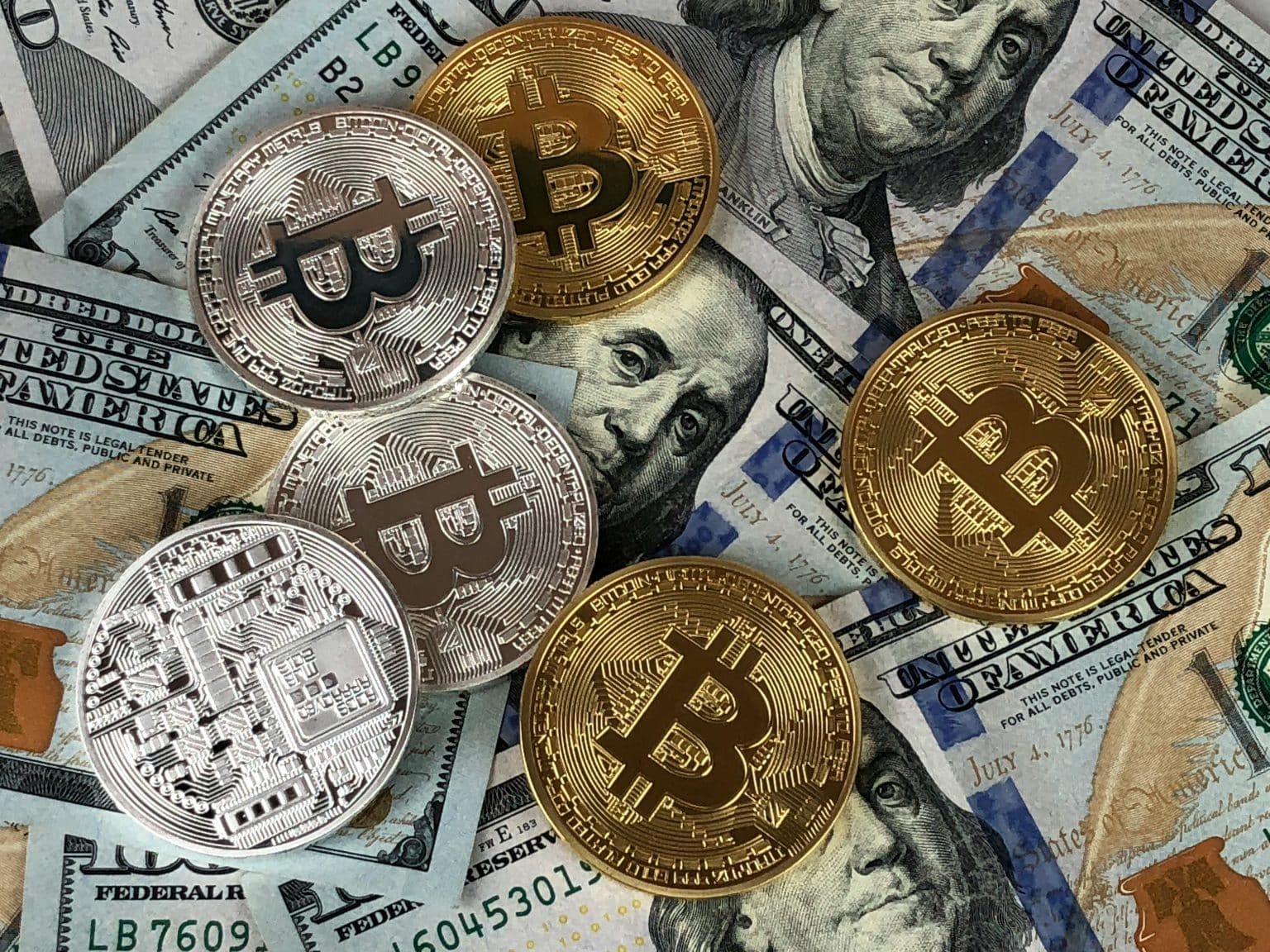Blockchain technology has emerged as a transformative force, redefining how digital transactions are conducted. By offering unparalleled security, transparency, and efficiency, blockchain is reshaping industries ranging from finance and healthcare to entertainment and gaming. This article explores the foundational aspects of blockchain, its applications across various sectors, and its potential to revolutionize digital exchanges.
The Basics of Blockchain
Blockchain is a decentralized digital ledger that records transactions across a network of computers. Each transaction is encrypted, time-stamped, and linked to the previous one, creating a secure and immutable chain of data. The decentralized nature of blockchain eliminates the need for intermediaries, ensuring that transactions are not only faster but also more cost-effective.
This system’s architecture ensures transparency and accountability, making it almost impossible for data to be altered or manipulated without detection. These attributes have positioned blockchain as a trusted solution for modern digital interactions.
Security and Transparency
One of blockchain’s most prominent advantages is its ability to enhance security. Each block of data is cryptographically secured, and changes to the blockchain require consensus from all network participants. This makes blockchain networks highly resistant to fraud and hacking, a critical advantage for industries like finance, healthcare, and gaming.
Transparency is another hallmark of blockchain technology. Every transaction is visible to authorized participants, fostering trust and reducing fraud. For example, in supply chain management, blockchain allows stakeholders to track the journey of products in real time, providing full visibility from origin to delivery.
Blockchain Applications Across Industries
Blockchain’s ability to provide security, transparency, and efficiency has made it a valuable tool across a wide range of sectors:
1. Supply Chain Management
In supply chains, blockchain ensures transparency from origin to delivery, enabling real-time tracking of goods. This is particularly useful in industries like food production, where blockchain helps trace contamination sources or verify product authenticity, reducing waste and protecting consumers.
2. Healthcare
Blockchain securely stores patient records, making them accessible only to authorized parties. This not only reduces administrative burdens but also enhances patient care by improving the accuracy and availability of medical data. Drug traceability is another key application, preventing counterfeit medications from reaching consumers.
3. Real Estate
Real estate transactions benefit from blockchain’s ability to create tamper-proof records of property ownership. Smart contracts further streamline processes like title transfers, reducing costs and increasing efficiency.
4. Financial Services
Blockchain is revolutionizing banking by enabling faster, cheaper, and more secure cross-border payments. It eliminates intermediaries in financial transactions, reducing fees and delays. Additionally, blockchain-based systems simplify loan processing and insurance claims.
5. Entertainment and Gaming
The entertainment and gaming industries are leveraging blockchain for secure transactions, digital rights management, and fair play enforcement.
- Intellectual Property and Royalties: Blockchain ensures that creators receive fair compensation by tracking the usage of their work and automating royalty payments via smart contracts.
- Online Casinos and Gaming: Blockchain is transforming online gaming by offering provably fair systems. For example, online casinos use blockchain to verify game outcomes, building trust among players. Additionally, blockchain-based payment systems ensure fast, secure transactions, enhancing the overall experience on platforms like online casino sites.
The Rise of Cryptocurrencies
Cryptocurrencies like Bitcoin and Ethereum represent some of the most well-known applications of blockchain technology. They offer decentralized alternatives to traditional currencies, enabling secure, borderless transactions without the need for intermediaries.
Smart contracts built on blockchain platforms add another layer of utility by automating agreements. These contracts can be used for tasks ranging from property transactions to decentralized gaming economies, streamlining processes while reducing costs.
Challenges Facing Blockchain
Despite its potential, blockchain still faces hurdles that limit its widespread adoption.
- Scalability: Current blockchain networks struggle with high transaction volumes, leading to delays and increased fees during peak times.
- Regulatory Uncertainty: Governments worldwide are still defining how blockchain fits into legal and financial systems, creating uncertainty for businesses.
- Energy Consumption: Blockchain’s reliance on computational power, particularly in proof-of-work systems, raises concerns about sustainability.
Efforts to address these issues, such as transitioning to proof-of-stake models and developing scalable blockchain architectures, are ongoing and critical for the technology’s future.
The Road Ahead
Blockchain is set to revolutionize digital transactions across all sectors by offering unprecedented security, efficiency, and transparency. As industries continue to adopt and refine blockchain applications, its influence will only grow.
Whether it’s providing seamless payment options for an online platform, enabling secure medical record storage, or streamlining real estate transactions, blockchain technology has vast potential to redefine digital interactions. In the years to come, advancements in blockchain infrastructure and regulations will likely unlock even more transformative applications, shaping the future of how we conduct business and interact in the digital realm.



